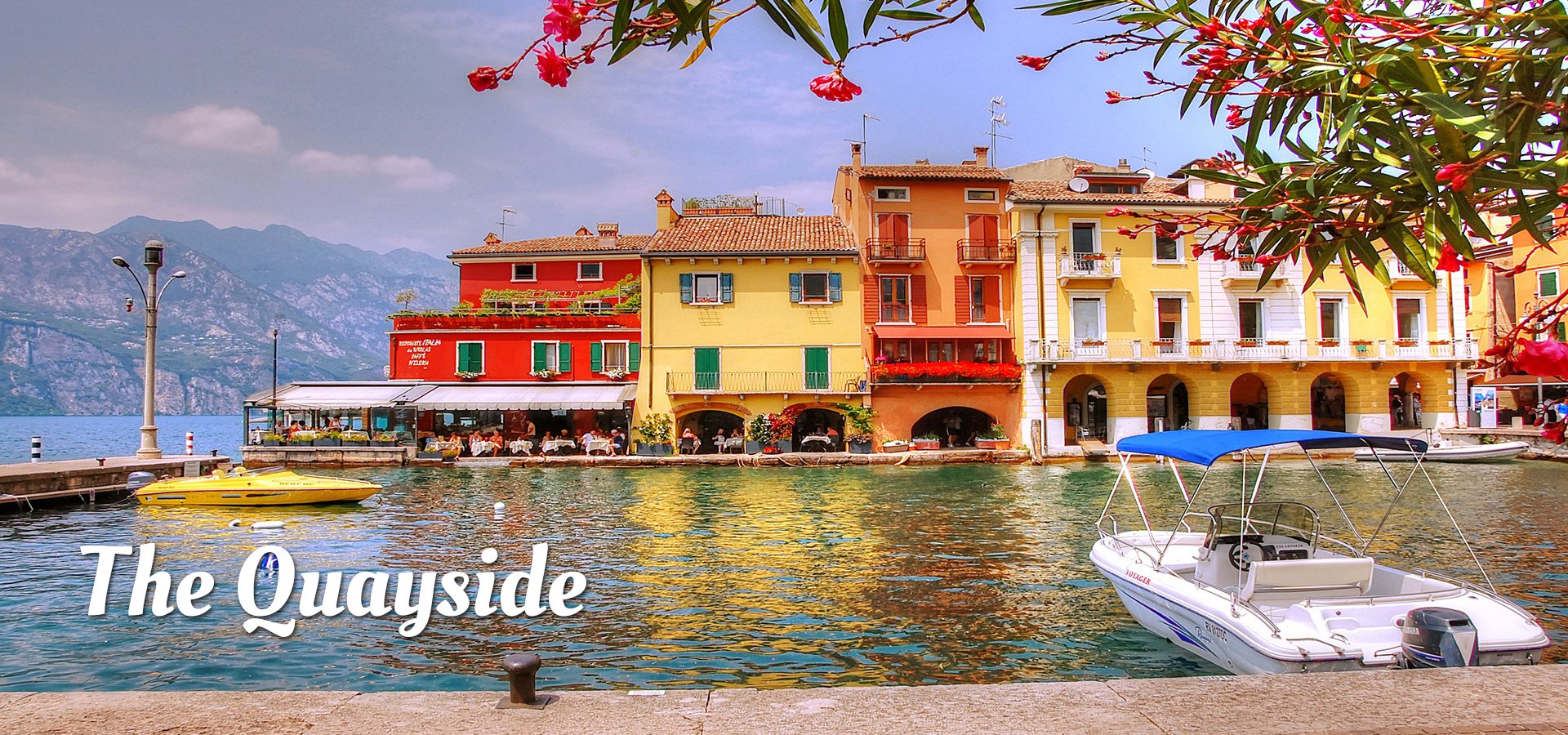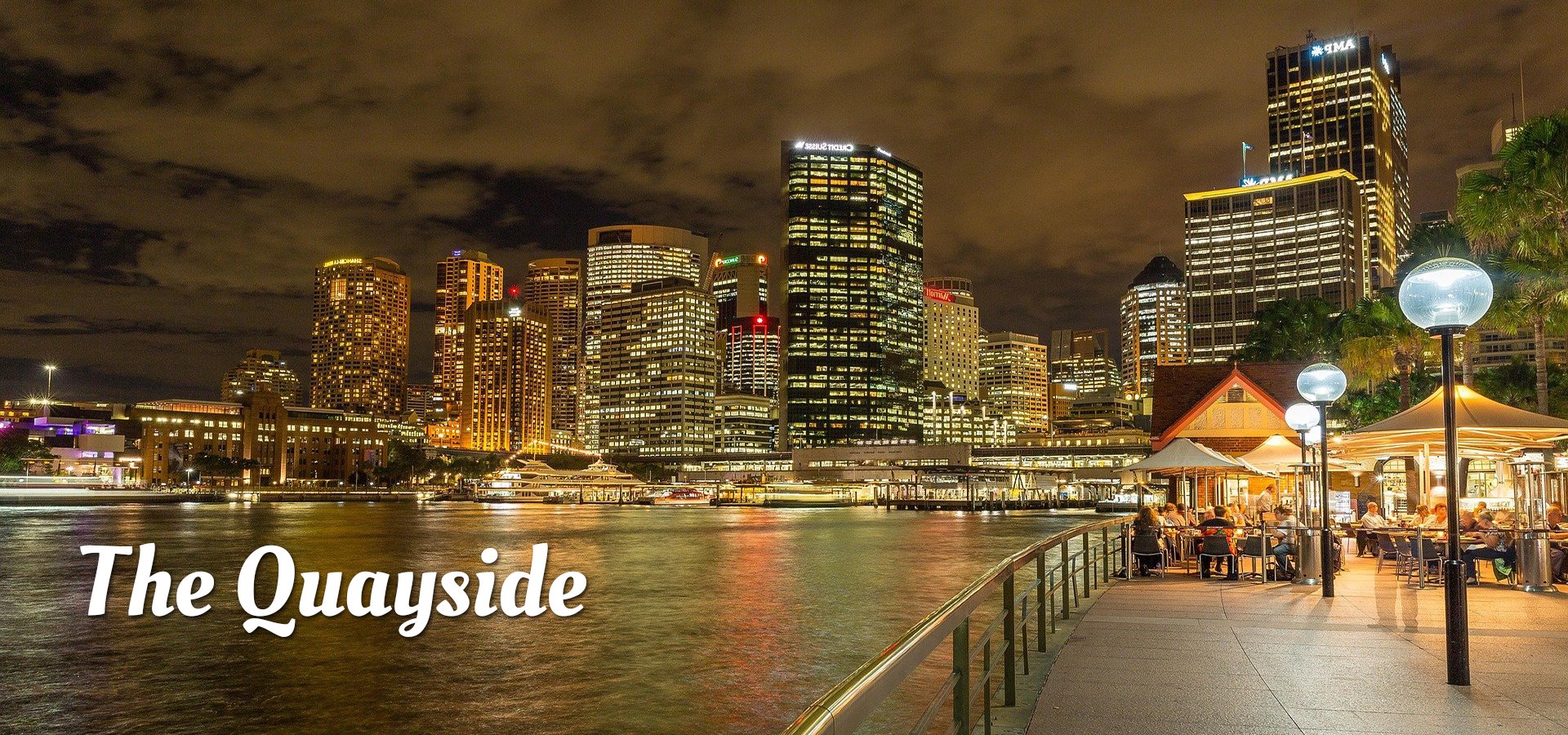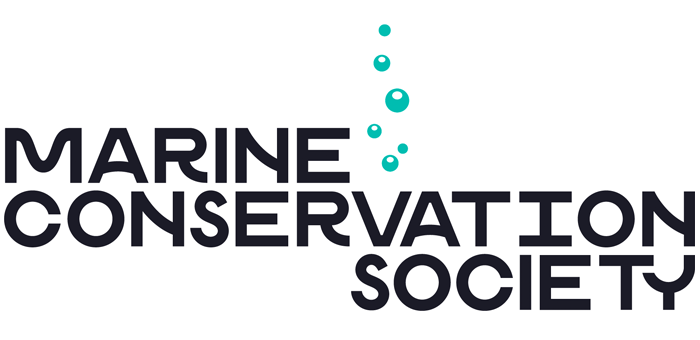Worldwide Nurdle Pollution
Join The Great Nurdle Hunt today and help tackle worldwide nurdle pollution - Nurdles hunts are fun and taking part is easy. By joining in you are helping end plastic pellet pollution. All you need to tell us is how many nurdles you find, where you found them, how long you were hunting and how many people took part.
To Join The Great Nurdle Hunt and play your part in fighting marine nurdle pollution, simply click the link below to find out more and join in.
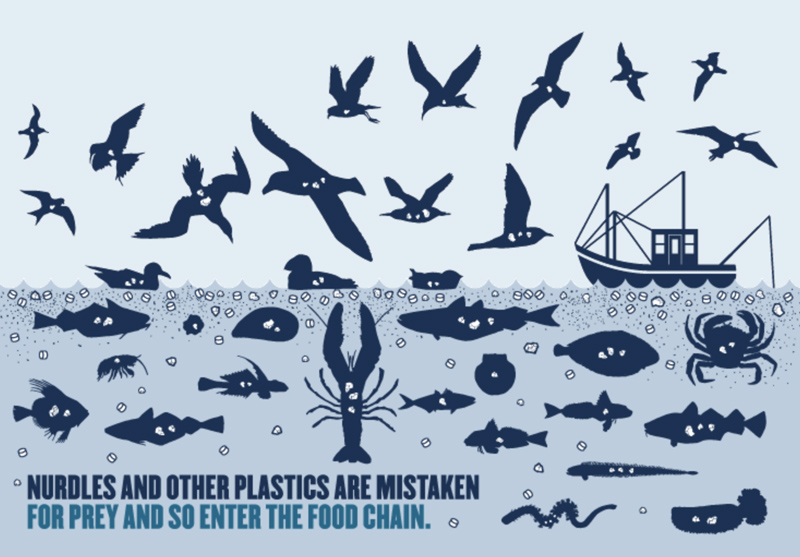
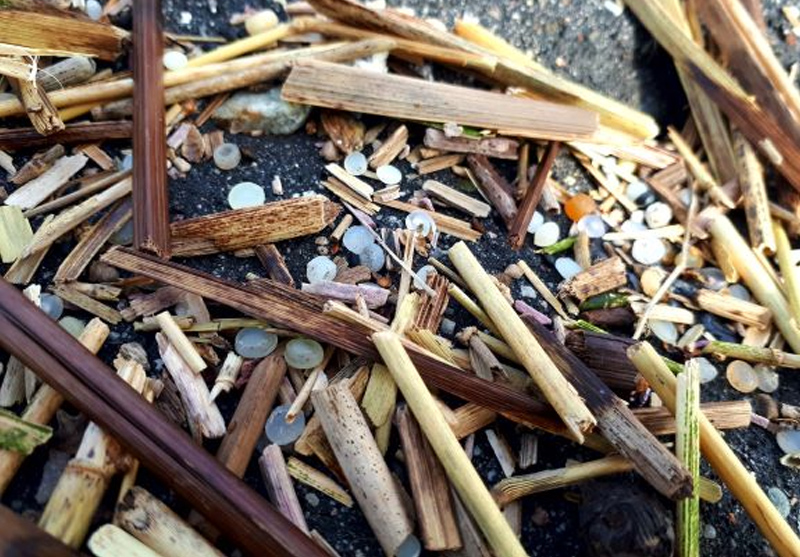
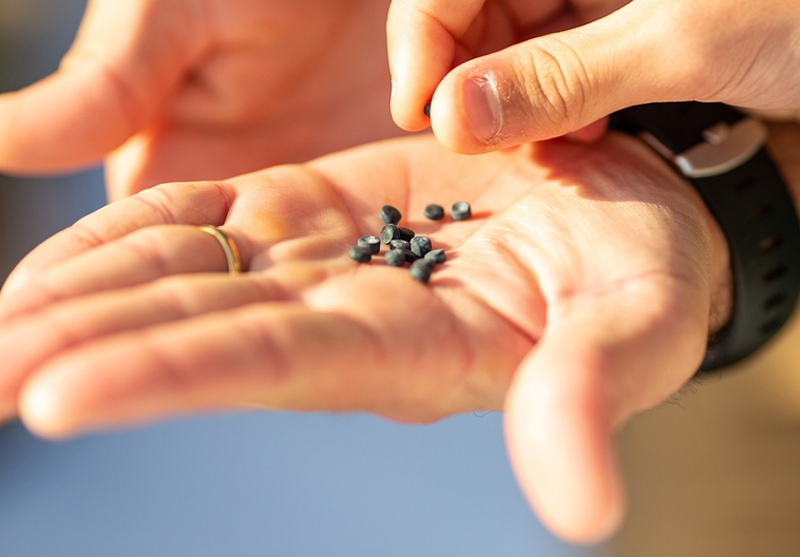

The Future of our Oceans
The Marine Conservation Society fights for the future of our ocean through people-powered action – with science on our side. For more than 30 years, we've been the voice of the sea, defending our coastal habitats and species. We work towards a cleaner, better-protected, healthier ocean. One we can all enjoy.
Join the Marine Conservation Society and together, we can achieve our vision of seas full of life, where nature flourishes and people thrive.
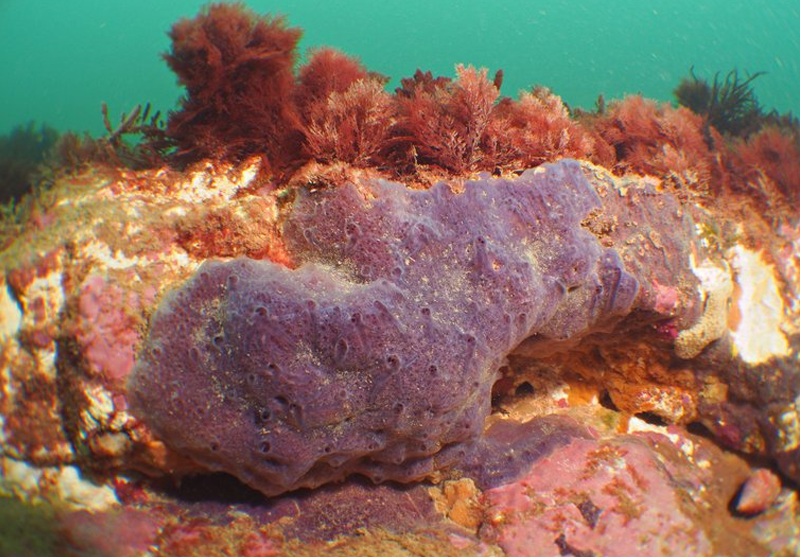
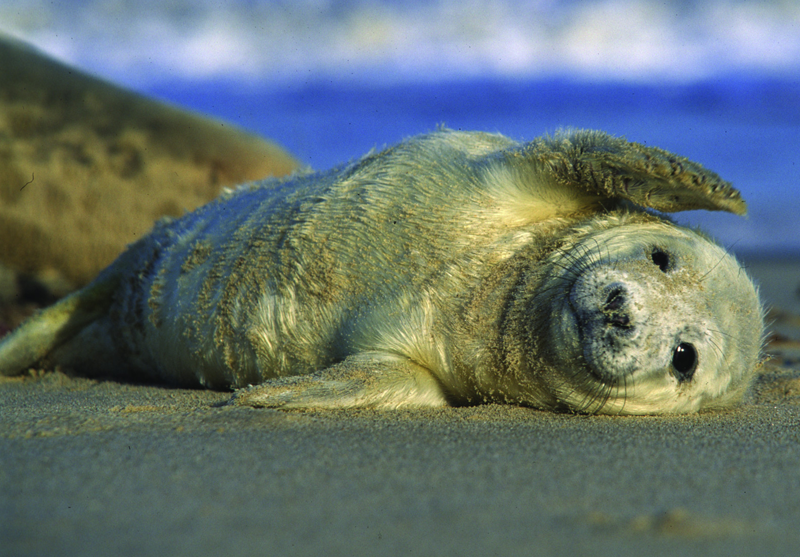
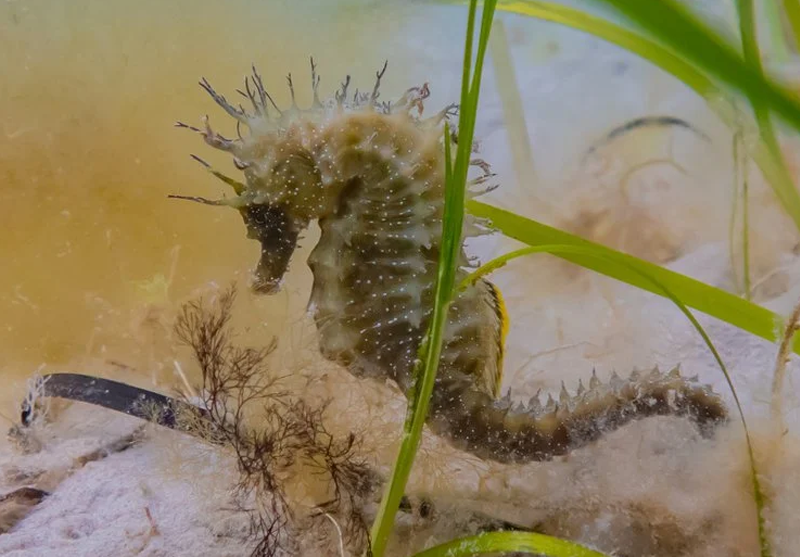
Waste Management & Emissions Control
On a boat are crucial for environmental sustainability and responsible boating practices.
Boat Rubbish Disposal
Dispose of rubbish and waste properly when you return to land. Keep a designated area on your boat for rubbish and ensure it doesn't end up in the water.
Recycling
Separate recyclable materials from other waste and use recycling facilities at marinas or when you return to land.
Oil and Fuel Spills
Be prepared to respond to oil and fuel spills. Store oil and fuel in spill-proof containers, with absorbent materials to contain and clean up spills.
Hazardous Materials
Avoid bringing hazardous materials on board whenever possible. If you must have them, store them safely and ensure proper disposal when necessary.
Education and Compliance
Stay informed about and comply with local, national, and international regulations regarding waste management and emissions control.
Clean Marina Programs
Look for marinas and organisations participating in clean marina programs promoting environmentally responsible practice
Waste Management
Sewage Disposal
Many countries are adopting sewage discharge regulations. Check your proposed cruising area, as you might have to use one of the marine sanitation device’s (MSD) to treat sewage on board before discharging it.
Grey-water Management
Collect and properly dispose of grey-water, which includes wastewater from sinks, showers, and galley appliances. Grey-water can contain contaminants, so it's important to follow local regulations for its disposal.
Emissions Control
The Main Engine(s)
Choose environmentally friendly engine technology, such as low-emission diesel or electric propulsion systems. Modern engines are more fuel-efficient and produce fewer emissions.
Regular Maintenance
Maintain your boat's engine and exhaust system to ensure it operates efficiently. Regular maintenance reduces emissions and saves fuel.
Alternative Fuels
Consider using alternative fuels, like biodiesel or LNG (liquified natural gas), which can produce fewer emissions than traditional fuels.
Exhaust After-treatment
Install exhaust after-treatment systems like catalytic converters or diesel particulate filters to reduce harmful emissions from the exhaust gases.
Proper Engine Operation
Operate your boat's engine at an optimal speed (economical cruising speed) and avoid excessive idling to minimise emissions.
Boat owners and operators need to be mindful of their environmental impact, minimise emissions, and manage waste responsibly. Thus preserving the beauty of our waters, helping protect aquatic ecosystems and ensuring that future generations can enjoy boating and marine activities.

